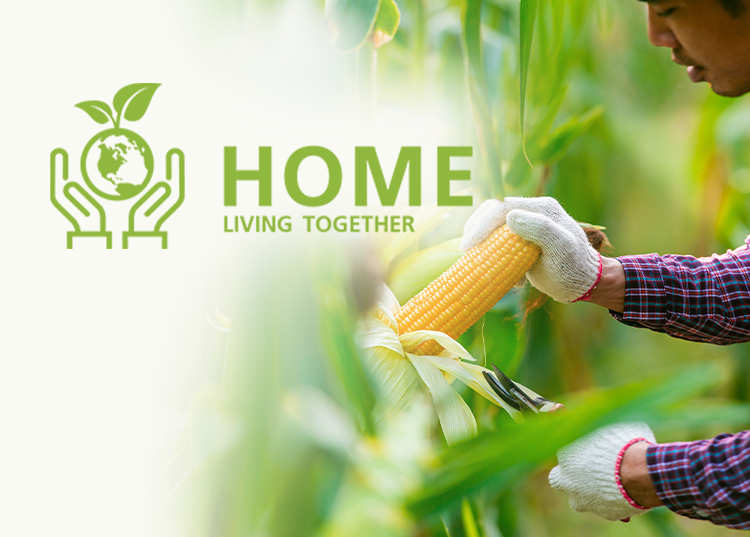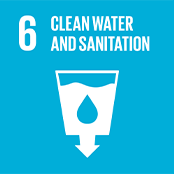
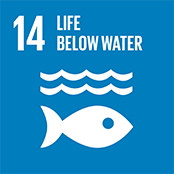
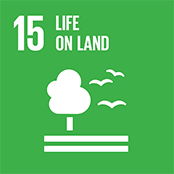



-
% Completed in Biodiversity Master Plan105060100100%
-
% Traceability Rice Product–100100100100%
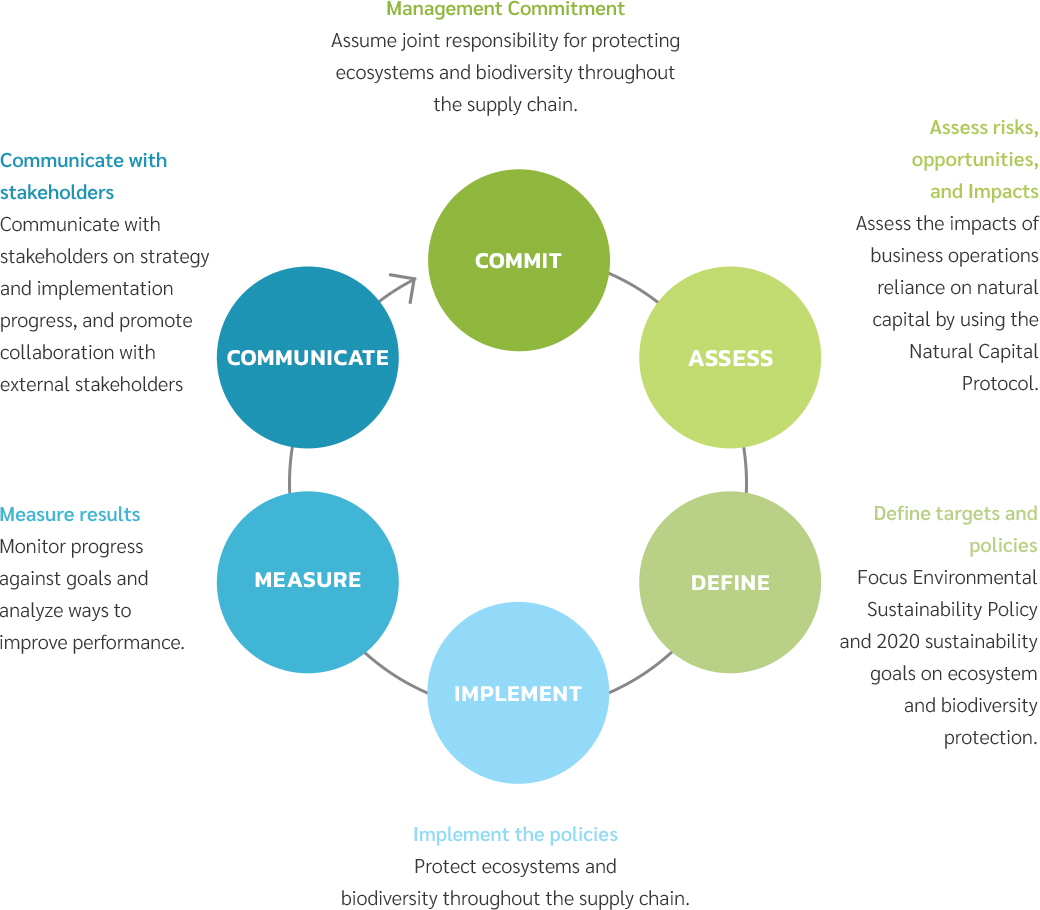
Consumers are now more attentive to product information. Information on labels that indicate properties and expiration dates may not be enough for the consumer when they still want to know where the product was made, quality in the manufacturing process, how well it was made. Safe, non-contaminated and other information that will help build confidence in food and merchandise purchases.
The traceability system has therefore played an increasingly important role in
providing food routing information from ingredients, Through the production
process until it reaches the consumer. It also helps manufacturers reduce the
loss of product recalls, which can be retrieved accurately, precisely and
quickly.
The company has developed a comprehensive information system and
traceability process from farmers to consumers, which can be considered as a
model for developing such processes in the rice business supply chain.
-
Risk Assessments
The company has developed a self-assessment system. Sustainability for business partners used as a selection criteria new business partner with business partners in the main raw material group for risk management in the supply chain. -
Develop Business
PartnersThe company has a policy of sustainable procurement and guidelines for business partners to create participation and exchange of knowledge with business partners, communities, farmers, independent organizations, and government sectors to develop business operations capabilities and promote standards of Responsible sourcing throughout the supply chain. -
Communication
Our company progress report to Charoen Pokphand Group and its partners through the Sustainability Action Conference and annual sustainability report.
-
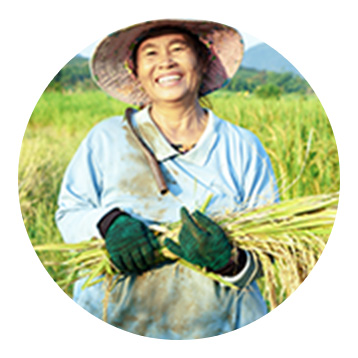
Farmers
- 3 Benefits
- Project GAP+
Raw material
development program -

Rice Mills
- Good quality, fresh ingredient
- Increased production efficiency and reduced waste
- Manage the production period
SCADA

-

Rice Processing
- Automatic production system
- Standard system
- Food safety(BRC)
SCADA

-

Consumer
- Believe in the product
- Use a raw materials from responsible resources
Sustainabilty App
e-Brochure






-
% Completed in Biodiversity Master Plan105060100100%
-
% Traceability Rice Product–100100100100%

Consumers are now more attentive to product information. Information on labels that indicate properties and expiration dates may not be enough for the consumer when they still want to know where the product was made, quality in the manufacturing process, how well it was made. Safe, non-contaminated and other information that will help build confidence in food and merchandise purchases.
The traceability system has therefore played an increasingly important role in
providing food routing information from ingredients, Through the production
process until it reaches the consumer. It also helps manufacturers reduce the
loss of product recalls, which can be retrieved accurately, precisely and
quickly.
The company has developed a comprehensive information system and
traceability process from farmers to consumers, which can be considered as a
model for developing such processes in the rice business supply chain.
-
Risk Assessments
The company has developed a self-assessment system. Sustainability for business partners used as a selection criteria new business partner with business partners in the main raw material group for risk management in the supply chain. -
Develop Business
PartnersThe company has a policy of sustainable procurement and guidelines for business partners to create participation and exchange of knowledge with business partners, communities, farmers, independent organizations, and government sectors to develop business operations capabilities and promote standards of Responsible sourcing throughout the supply chain. -
Communication
Our company progress report to Charoen Pokphand Group and its partners through the Sustainability Action Conference and annual sustainability report.
-

Farmers
- 3 Benefits
- Project GAP+
Raw material
development program -

Rice Mills
- Good quality, fresh ingredient
- Increased production efficiency and reduced waste
- Manage the production period
SCADA

-

Rice Processing
- Automatic production system
- Standard system
- Food safety(BRC)
SCADA

-

Consumer
- Believe in the product
- Use a raw materials from responsible resources
Sustainabilty App
e-Brochure





